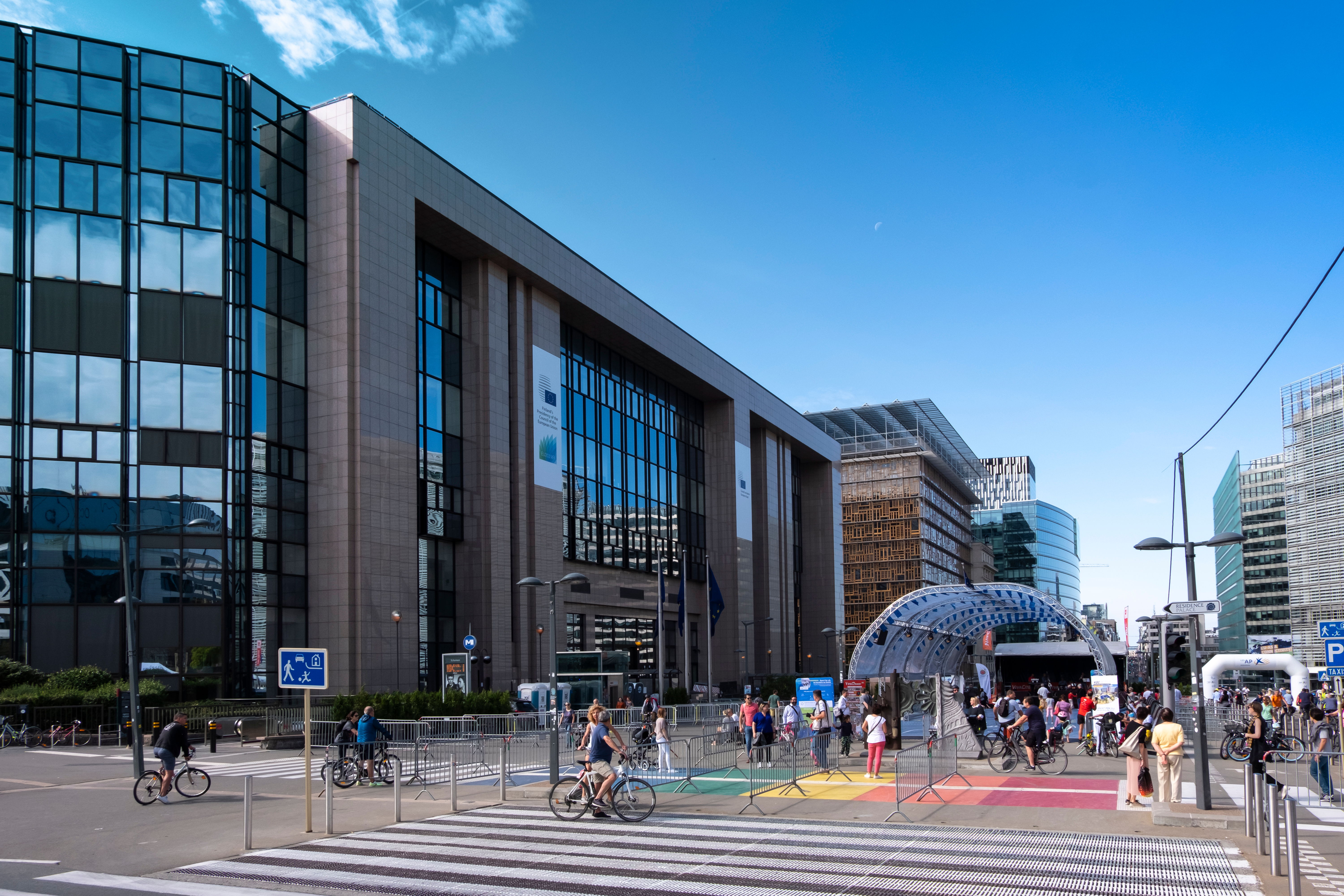Brussels Region, Paris and Milan plead for the promotion of local economy
The Brussels Region, Paris, Milan and other European cities get together and call for a local, carbon-free, circular and humane industry within the EU.
The ministers of Economy of the EU hold a debate over the internal market and the industrial policy during Covid-19. The unprecedented health crisis that Europe - and the world at large - is facing, shows how vulnerable the globalised value chains are, how the production of goods is highly concentrated in a very limited number of countries and how resilient the local entrepreneurial, productive and civil fabric is - particularly in Brussels - to cope with the shortcomings of the world economy.
On 10 and 11 March 2020, the European Commission issued its Communication on a ‘new industrial strategy for Europe’ and the ‘circular economy action plan’. The 10 European cities and regions at the source of this call are pleased that these policy themes - essential for the objectives of the European Green Deal - have been put on the European agenda. Nevertheless, they insist that these texts, in particular on industrial strategy, emphasise more strongly the local dimension of production activities. This is indeed an essential element in reconciling and aligning economic objectives with the climate objectives.
It is not only a government priority to return to a more local production of essential goods for the Brussels people, but also a necessity in order to reinforce the resilience of the Brussels Region. That is why our region joins forces with the cities of Gdansk (Poland), Gijón (Spain), the Métropole Européenne de Lille (France), Lund (Sweden), Milan (Italy), Paris (France), Pernitz (Austria), Strasbourg (France) and Wroclaw (Poland) to question the European Commission, the European Parliament and the Council to ensure that a local, carbon-free, circular and humane industry is taken into account within the EU.
This declaration promotes an industry that:
- takes place in harmony with local residents, who form the heart of our living spaces, and thus promotes the mix of urban functions: for example, by reinvesting in old production sites or derelict industrial sites and revitalising them and by designing new, more compact, vertical and energy-efficient forms of industry buildings with economical land use, this production activity makes our territory more dynamic again,
- innovates by re-using our waste to make new products and by applying the circular economy principles
- revitalises the local value chains, basic on the logic of ‘designed / made / repaired / locally’, gives priority to economic solidarity and short chains and increases urban resilience.
- attracts and employs local talent for the production of goods directly needed by inhabitants
- stimulates the creativity of makers and other innovative communities on our territories
- makes a firm commitment to social and environmental responsibility and helps promoting new organisational and governance structures, new types of employee cooperatives, as well as social and solidarity-based entrepreneurship.
- participates in the fight against and the adaptation to climate change, both in its use of resources and energy and in the journeys it generates
“Like other European cities and regions, the Brussels Region wants to relocate the economic, social and environmental production activities . The health crisis shows the urgency to rethink our industrial approach, whether it regards its relocation to our territories or its ecological footprint and its crucial function to produce goods that meet our basic needs (for example health or housing). All this with respect for the women and men who make these goods,’ Barbara Trachte, Secretary of State responsible for Economic Transition and Scientific Research and at the initiative of this declaration.
“The contribution of Brussels to the National Energy-Climate Plan shows the importance of moving from a linear to a circular economy model, based on a coherent vision and strategy for the strengthening of circular economy and its integration in the regional policies (economy, work and training, research and innovation, environment, spatial planning, waste management, etc.), by promoting interactions and coordinating the different stakeholders and initiatives in this area. The declaration of a local, carbon-free, circular and humane industrial policy fits perfectly with this logic,’ says Alain Maron, Minister for Climate Change, Environment, Energy, Social Action and Health.
“European cities and regions are at the forefront of the fight against the coronavirus. This health crisis encourages to keep investing in a more sustainable and liveable city for people. But we face an industrial context that is not yet fully adapted to this widely supported demand for a sustainable socio-economic transition. That is why it is important to unite our forces as European cities and regions and to make our voice heard in the debates on the reorientation of European industrial policy,” explains Pascal Smet, Secretary of State for Urbanism and Heritage, European and International Relations and Foreign Trade.
The declaration was handed to the President of the European Commission and its Commissioners, the President of the European Parliament, the Croatian presidency of the European Union and the President of the European Council. The declaration is open for signature by cities and regions who adhere to the principles above.
